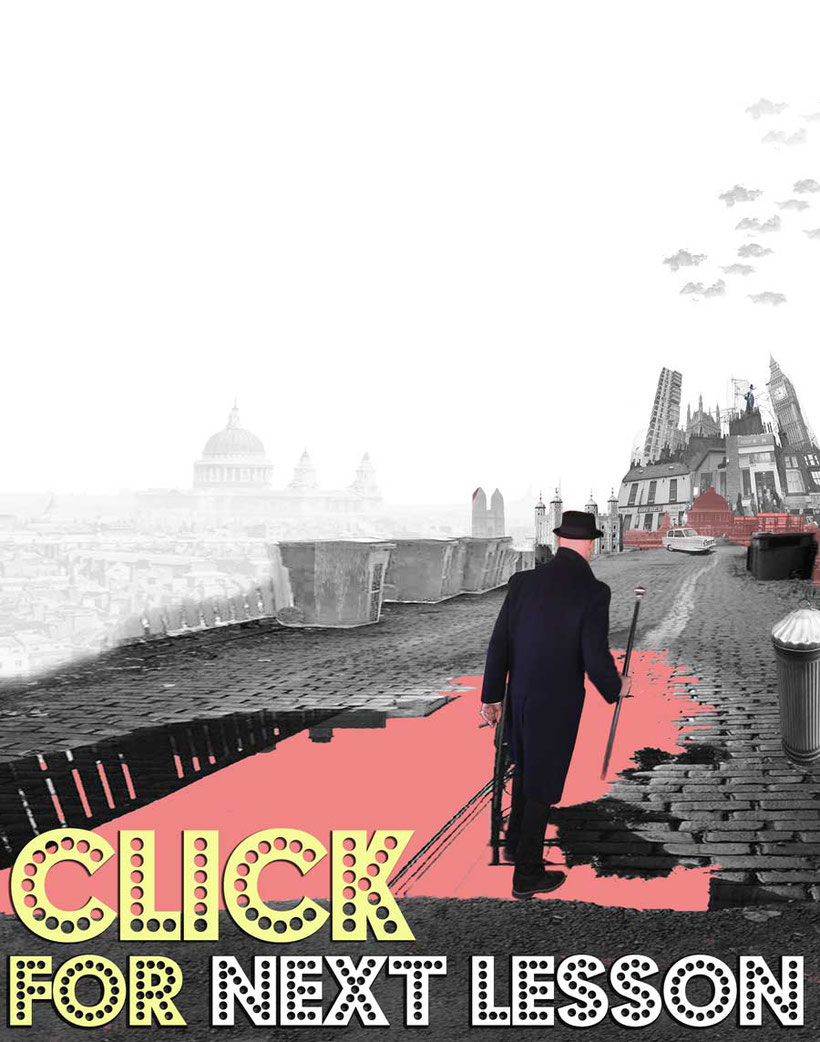LEARN real ENGLISH LANGUAGE & CULTURE - LESSON 6

World’s most complete English language course and guide to British culture.


Early 1970s British Ford Zephyr police car

Zak Washington, the corrupt English teacher, is too lazy to work at the language school, so he is taking his group of students to visit a ‘cultural’ place of interest. Today we are going to…..
THE POLICE STATION

LISTENING EXERCISE
English Grammar and Vocabulary Exercise
LESSON 6 - SONG 1.
FIRST: Complete the following exercise about what Zak Washington’s group of students did last night. Put the verbs (in brackets) into the correct tenses.
SECOND: Listen to the song above. Check your answers.
After leaving the Indian restaurant at one o’clock in the morning, we _________ (to go) to the disco.
Sophie _________ (to start) (to throw) rubbish bins (SP: contenedores de basura IT: bidone de la spazzatura) at the cars that _________ (to be) (to pass.).
There ___________ (to be) a lot of people in the street. Most of them ____________ (to go) to the disco as well.
The police _________ (to not arrest) Sophie at first, because they _________ (to not understand) what she _________ (to talk) about.
In the disco everybody _________ (to be) so drunk (SP: borracho IT: ubriaco) that they _________ (to fall over) all the time.
Giovanni _________ (to not realise) that his ‘girlfriend’ _________ (to be) actually a man.
Ahmet _________ (to spend) the whole night _________ (to try) (to chat up) (SP: ligar IT: rimorchiare) Norwegian girl.
Sophie _________ (to try) (to pick up) her teacher. She also _________ (to try) (to pick up) Giovanni, Ahmet and François and a couple of other guys (SP: chicos IT: ragazzi) that she had met at the bar.
The reason that she _________ (to not be able to) _________ (to be) because they had all _________ (to fall) in love with Maria.
When the lights _________ (to be, to switch on), people _________ (to not want, to go) home.
They all _________ (to fancy) (to carry on) (to drink).
When the disco _________ (to close) the bouncer [1] (SP: gorilas IT: buttafuori) _________ (to throw us out).
As Ahmet _________ (to be thrown out), his jacket _________ (to get) (to tear).
Everybody _________ (to shout at) the bouncers, so they _________ (to call) other bouncers.
For ten minutes we _________ (to stand) there, _________ (to shout at) the bouncers.
After we _________ (to shout at) the bouncers for ten minutes, Ahmet _________ (to throw) an orange plastic road cone at one of them, that Sophie _________ (to wear) on her head.
One of the bouncers _________ (to start) (to hit) François and _________ (to not stop) (to hit) him until the police _________(to arrive).
When they _________ (to arrest) us they also _________ (to detain) Giovanni’s 'lady' friend.
[1] To Bounce the action of a ball, like a basketball for example, when you throw it against something and it comes back. Bouncer (SP: gorilas IT: buttafuori) (noun) a nightclub’s security guard who ‘bounces’ people who misbehave, out of the club and into the street. Normally the same action as above.
Check the answers. You now have two minutes to memorise the story. Then cover the text. You must now retell what happened after the students left the Indian restaurant.
(Vine Street police station (SP: comisaría IT: questura). 4.37 a.m.)
DESK SERGEANT REYNOLDS: So what have we here? A group of seven foreigners (SP: extranjeros IT: stranieri), eh? An English teacher and …. a gentleman dressed as a woman?!! And all in advanced states of alcoholic inebriation[1]! You have all been arrested and are going to spend the next few hours in the police cells until you sober up[2]. Now here are the rules of the police station.
GLOSSARY
[1] Inebriation (SP: embriaguez IT: ubriacezza) (noun) state of drunkenness. Drunk (SP: borracho IT: ubriacco) (adj.) is the most international and practical way of describing someone who has drunk too much. A rude, but nevertheless very common, British word is pissed or pissed-up (adj.). The British and the Irish, being the big drinkers that they are, have a very extensive vocabulary for describing such a state. Sloshed, tanked-up, bevied are all inoffensive, colloquial synonyms. Bombed, wasted, smashed and loaded, are similar, but could also imply intoxication from drugs. Doped-up, high or stoned refer to drugs only. Some interesting, if unusual idiomatic expressions are: out of your head, out of your tree, out of it, etc.
[2] Sober (SP: sobrio) (adj.) not drunk. To sober up is to become less drunk due to not drinking. The opposite of getting drunk.

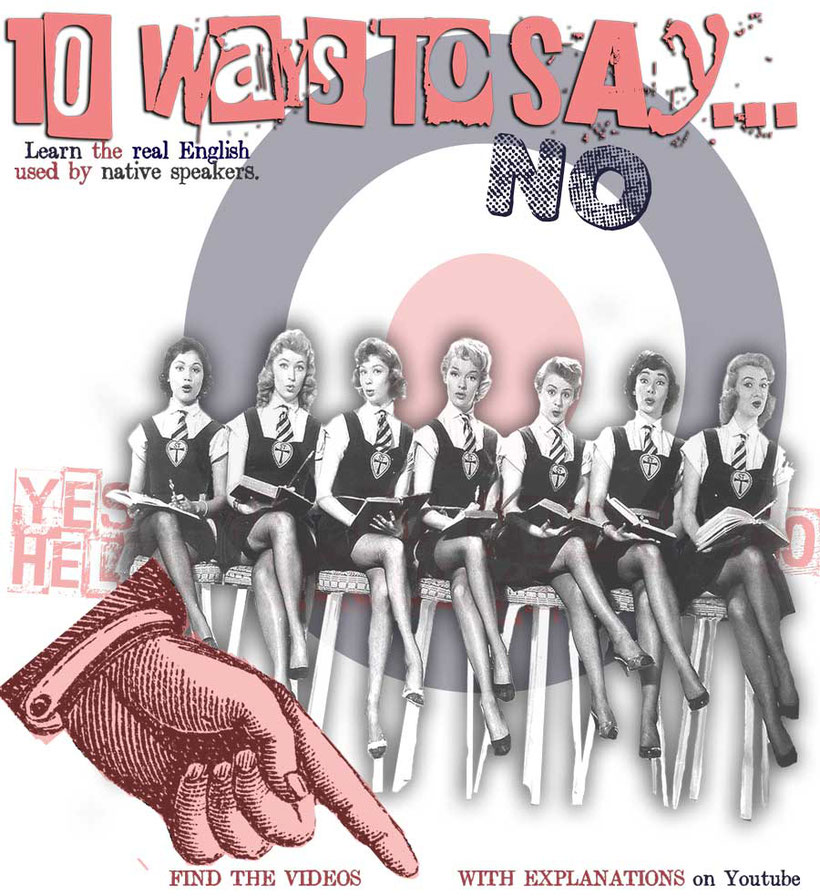


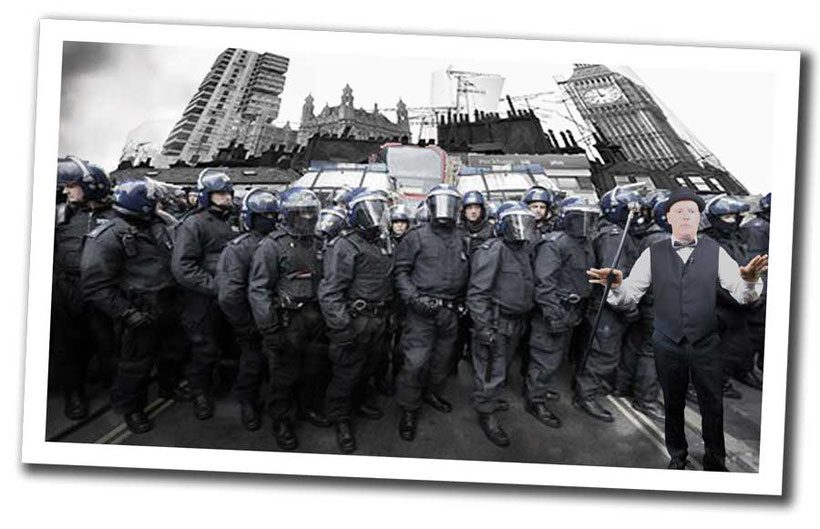
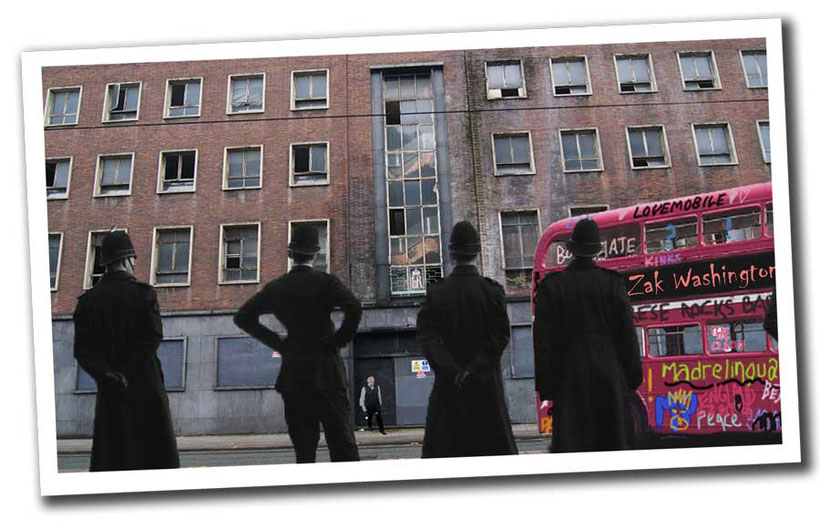


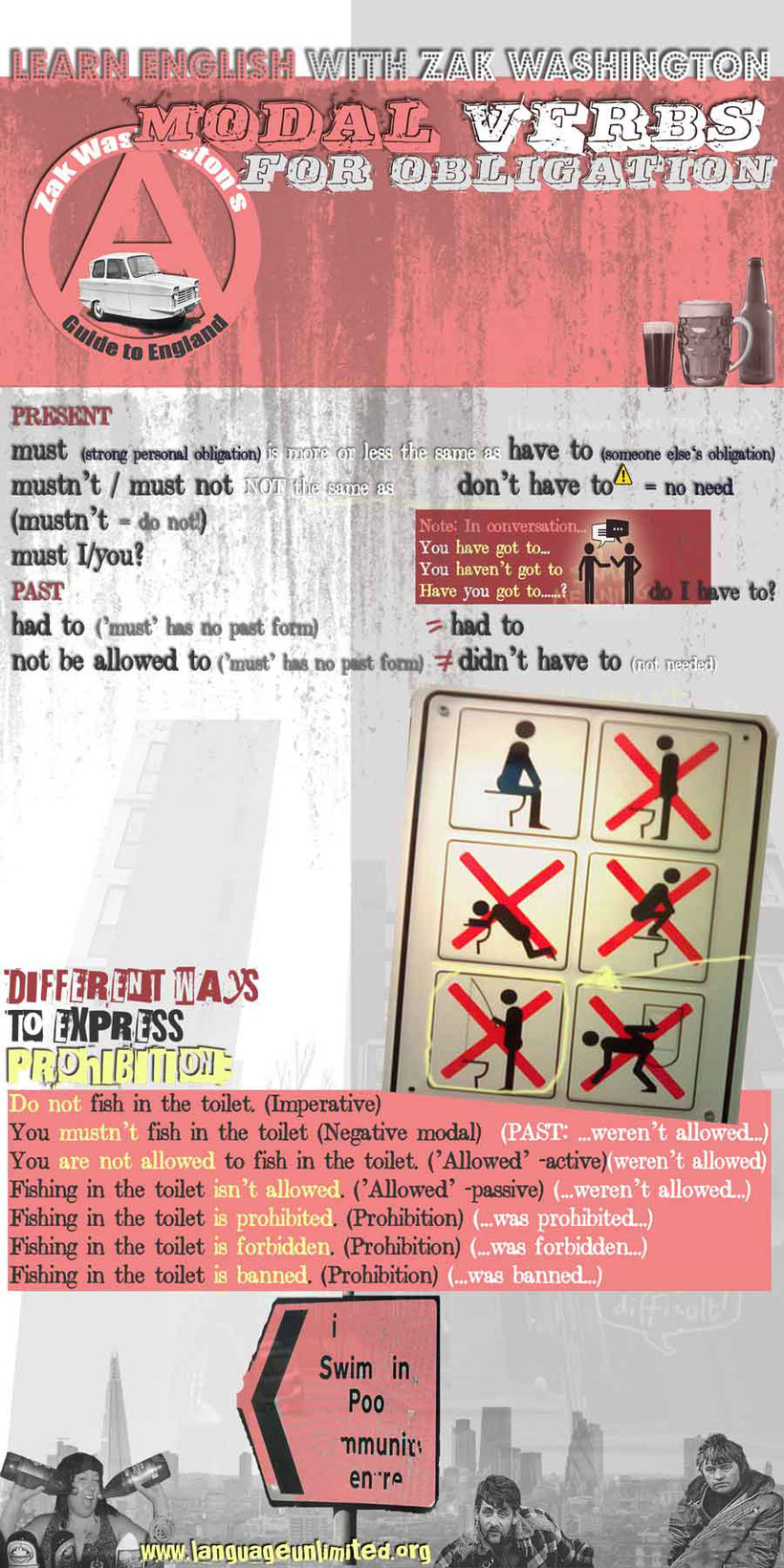

GLOSSARY
[1 ] To find out (SP: averiguar IT: scoprire) to investigate, to ask questions in order to get information, to look into, etc.
[2] Foolish (SP: tonto IT: folle) (adj.) a slightly ‘lighter’ more comical version of the adjectives stupid, and idiotic.
[3] To threaten (SP: amenazar IT: minacciare) ‘Give me £100 or I will send that love letter that you wrote me to your new boyfriend.’ ‘If you don’t stop making that foolish noise, I’ll kill you!’ ‘If you arrest me, I will speak with my father who is the chief of police and you will be unemployed by the end of the week.’

CLASSWORK
Who is the student in the class who least looks like a criminal? Decide between you. The student chosen will come to the front and write the following grammar on the board.
What are the modal verbs for obligation? What are the modal verbs for permission and prohibition? What are the verbs for legal rights and entitlements (SP: derechos IT: diritti) ? What are their negative forms?
The student who has talked the least during the lesson should come to the board (SP: pizarra IT: lavagna).
The others will give him/her examples. Your examples will be the rules of the police station and police cells. Use your imagination. If not use the prompts below.
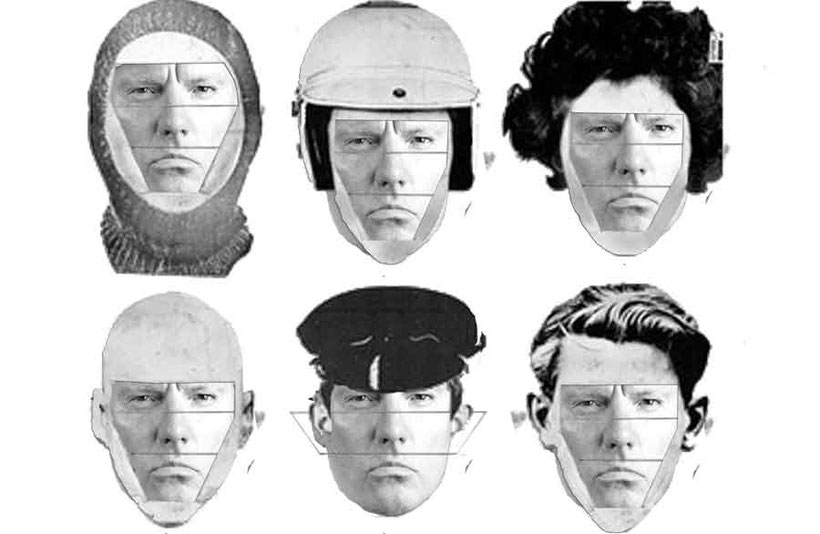
SPEAKING PRACTICE MODAL AUXILIARY VERBS
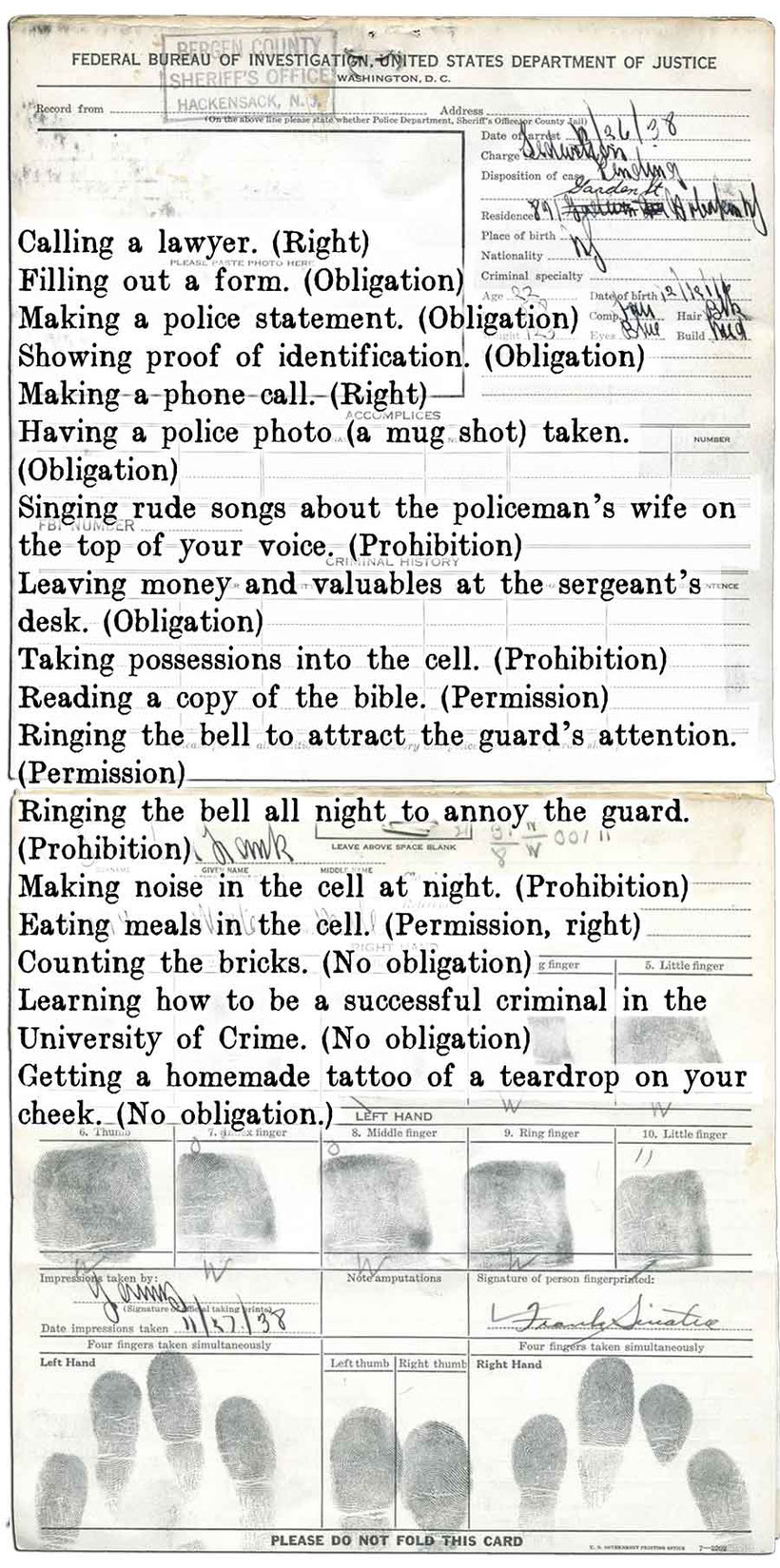

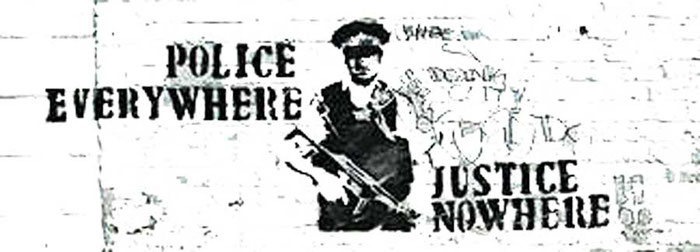



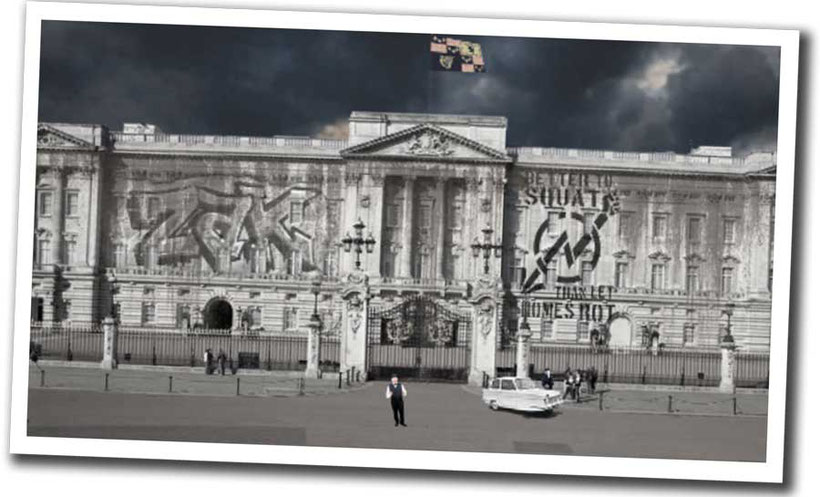

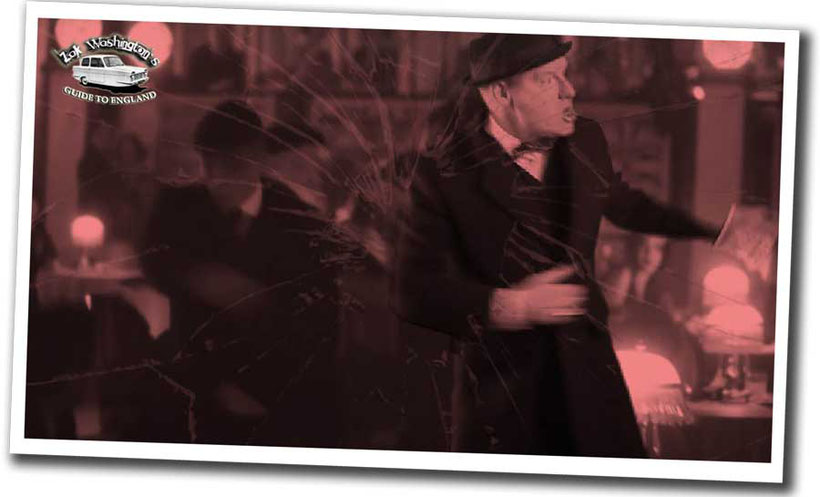


CLASSWORK The person in the class with the most freckles (SP: pecas IT: lentiggini) will come to the board. Don’t be embarrassed (SP: avergonzado IT: imbarazzato). You’re beautiful! If nobody has freckles, then the person who has spent the most time sunbathing on a sun-bed will come to the board. God, you look terrible! Your skin is like leather, and is Donald Trump orange! Haven’t you got anything more imaginative to do in your free time? The rest of the students in the class will discuss the following grammar: Modal verbs for obligation in the past. They will then dictate to ‘Freckles/Orange-skin’ who will write the information on the board.
STUDENT ASSIGNMENT WRITE A CRIME CV


[1] Baddest not grammatically correct, but common. The superlative of bad is irregular, and should be the worst. ‘Baddest’ is a slang word, that is popular when used to talk about rough, tough, hard or mean characters, with a lot of attitude. It probably comes from black American English, and is commonly used to describe boxers, gangsters and hard villains. When Michael Jackson sang ‘I’m bad, I’m bad....’ he didn’t mean that he behaves badly. He meant that he was hard, tough and streetwise.


LEARN ENGLISH PRONUNCIATION WITH ZAKWASHINGTON - Video tutorial #2
Here is the second video in the series Learn English Pronunciation with ZakWashington video. We explain the most important concept if you want to speak British English like a native speaker. You will also learn the phonemes and the symbols of the International Phonetics Alphabet (IPA).






